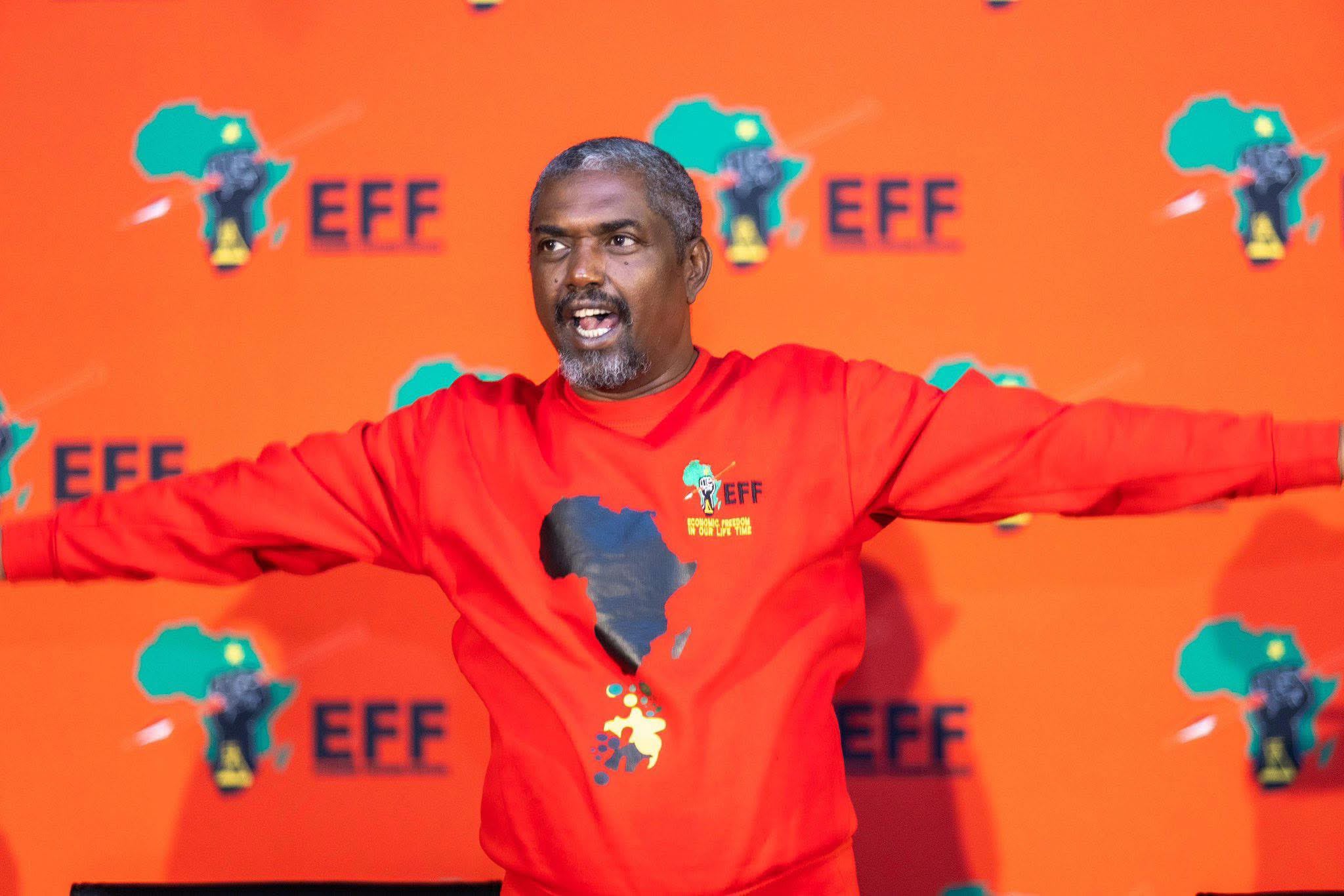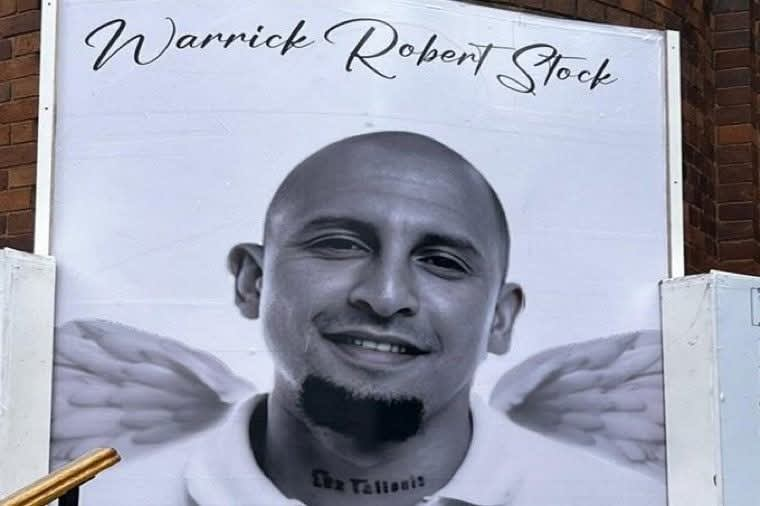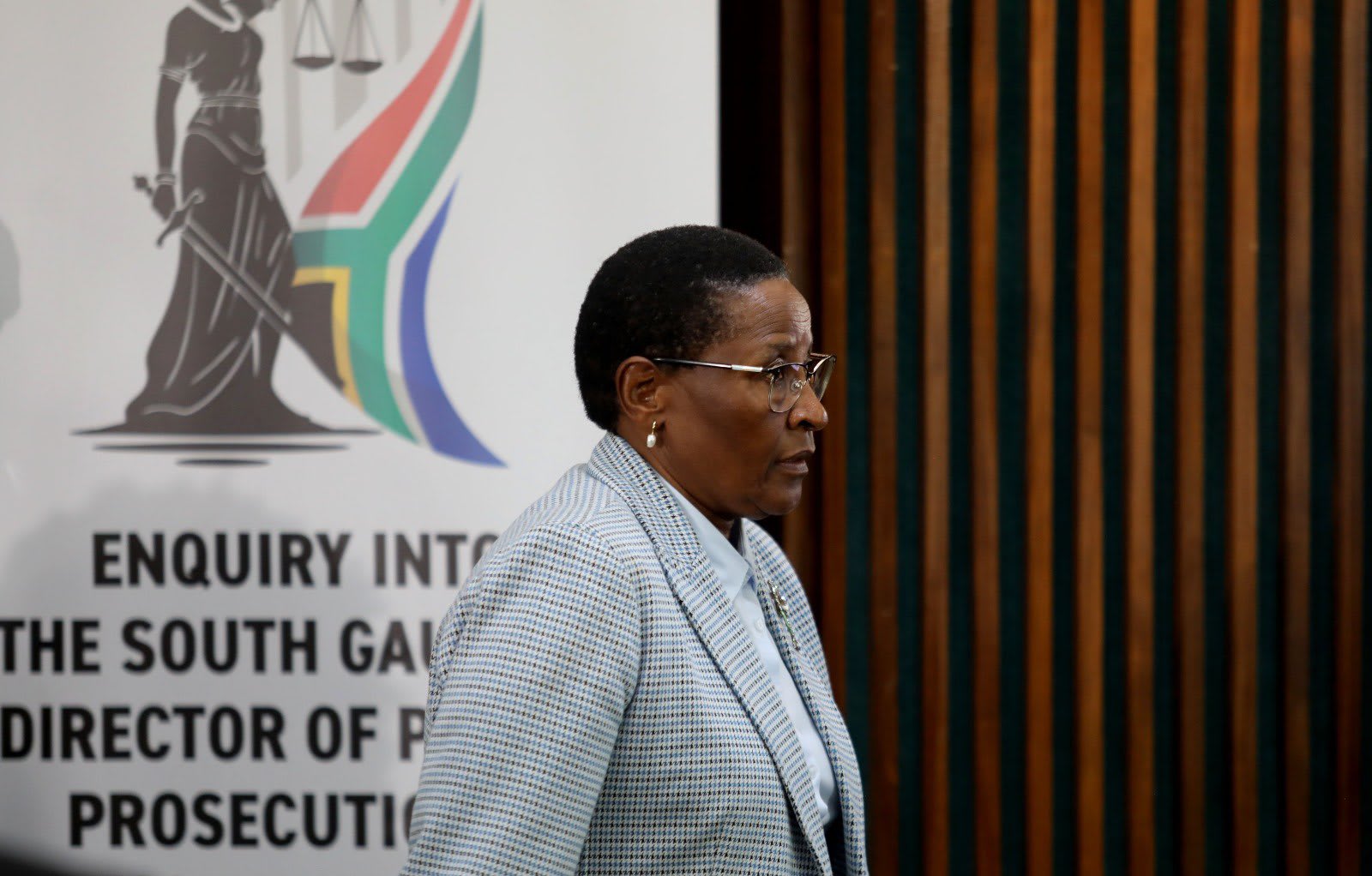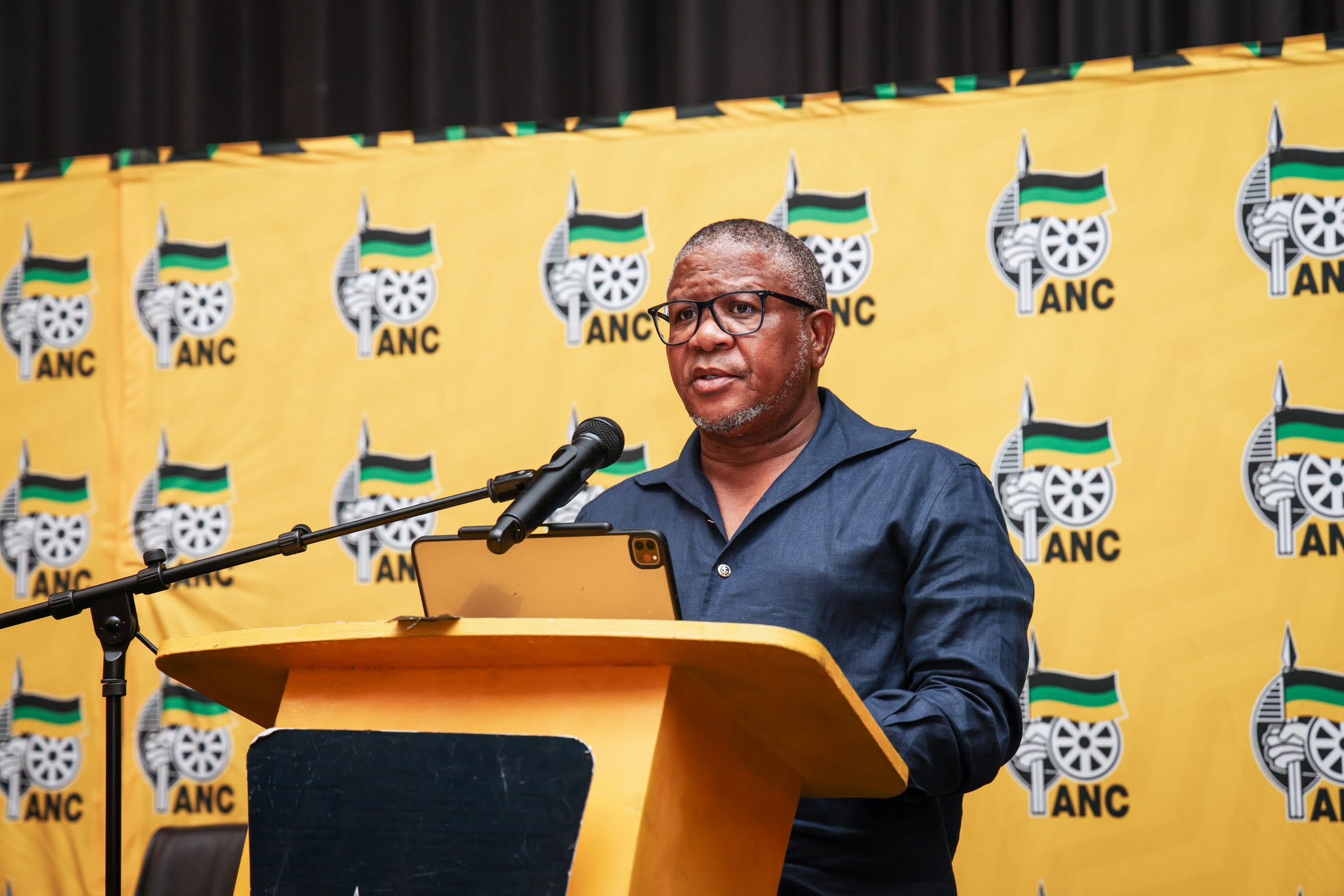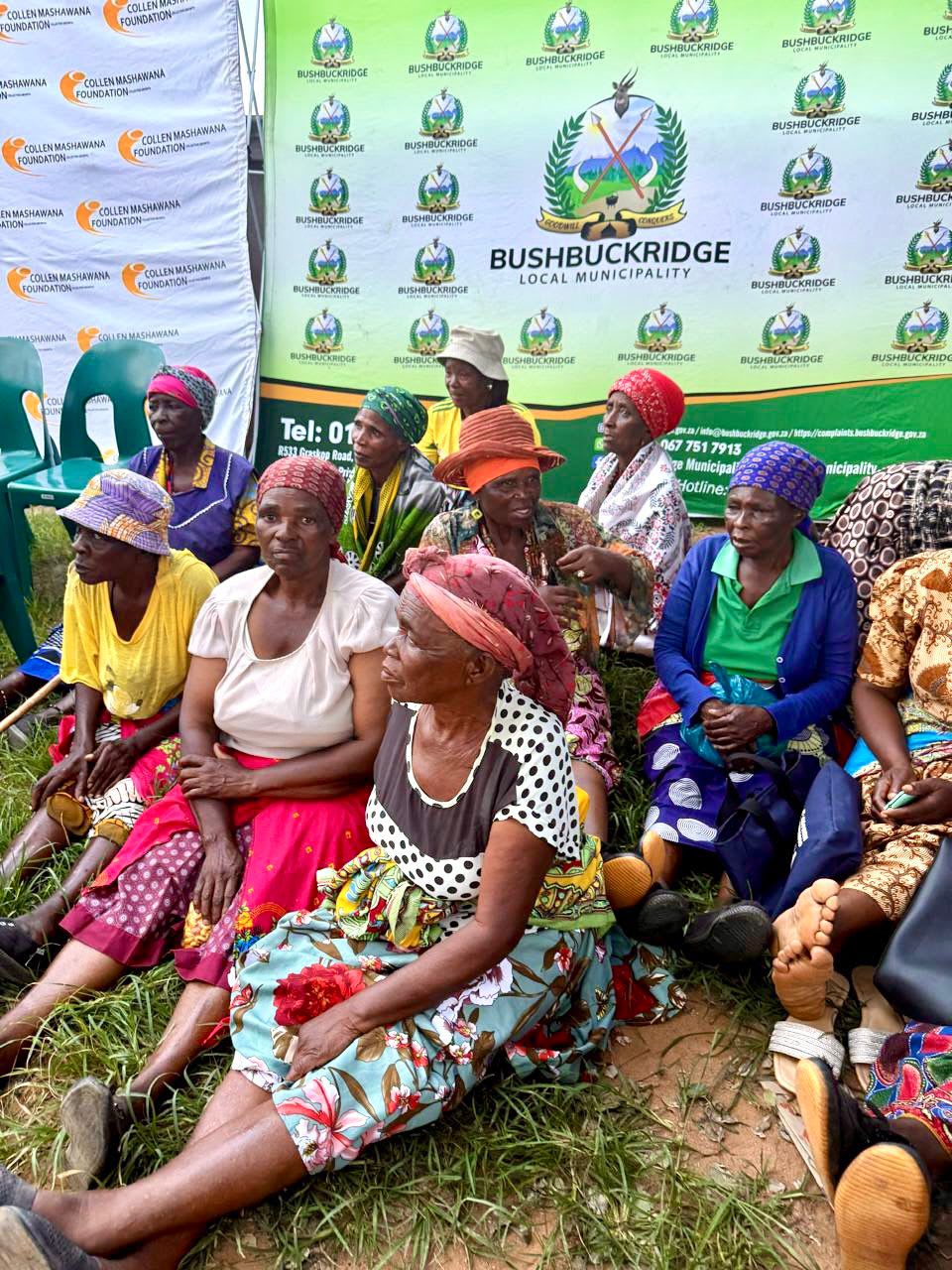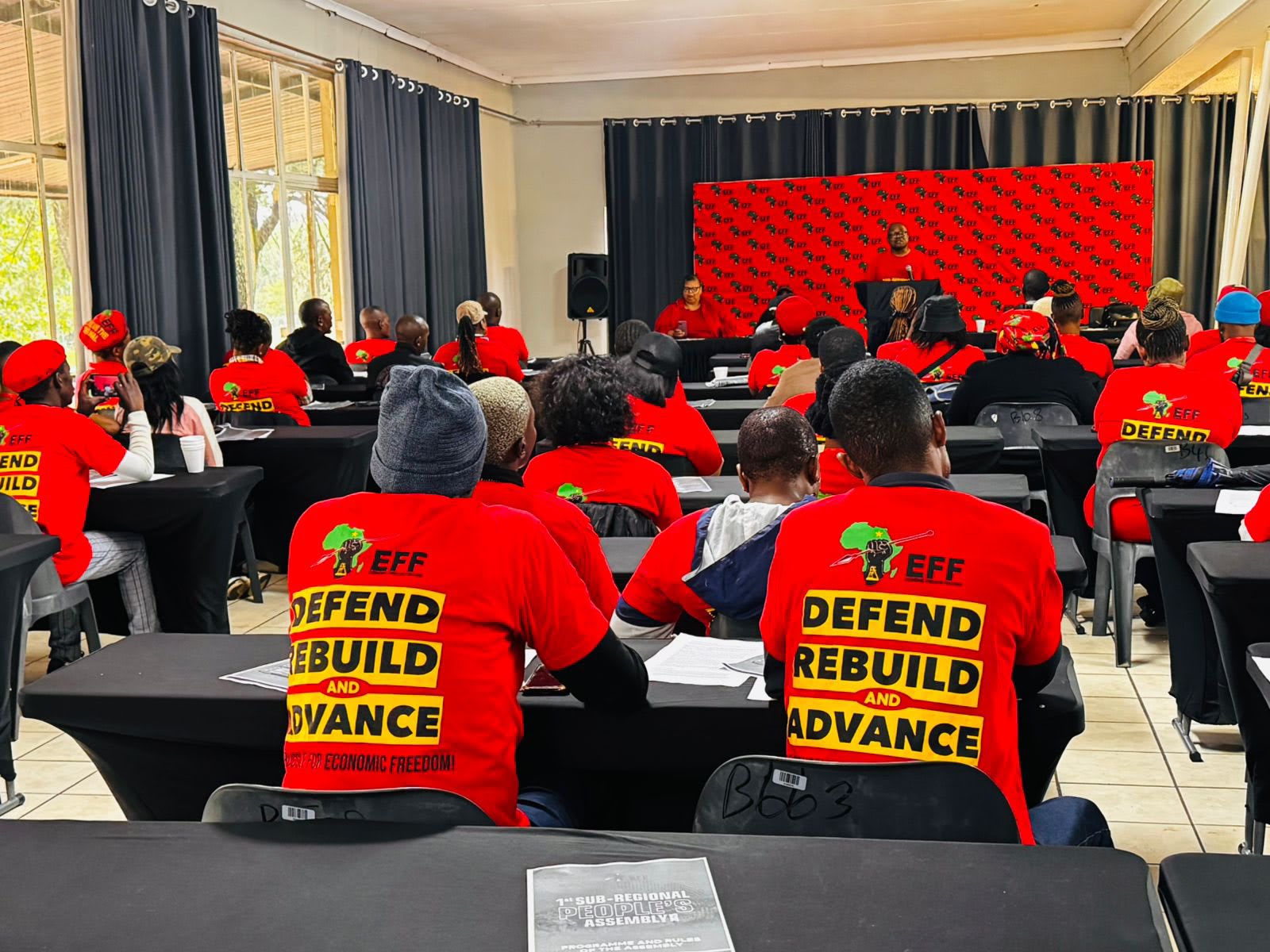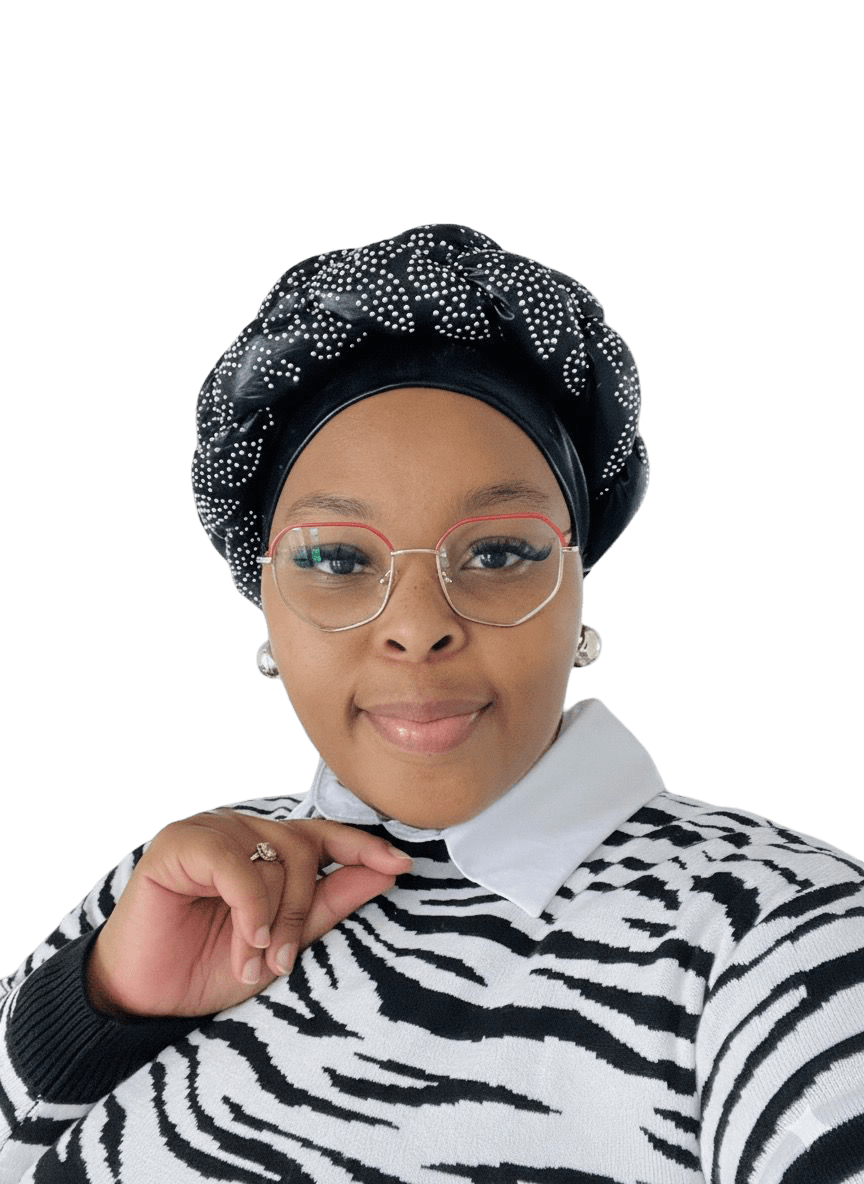ANC
The Democratic Alliance has gazetted its Economic Inclusion for All Bill, proposing to replace Broad-Based Black Economic Empowerment with a needs-based model aimed at tackling poverty and promoting fair economic inclusion. The ANC and GOOD Party have rejected the Bill.
The Democratic Alliance (DA) has taken the first legislative step toward replacing the current Broad-Based Black Economic Empowerment (B-BBEE) policy with a new economic inclusion model. The party’s Economic Inclusion for All Bill has been officially gazetted, signaling the beginning of the parliamentary process that could reshape South Africa’s empowerment framework.
According to Mat Cuthbert, DA Member of Parliament and Head of Policy, the Bill aims to “tackle poverty and create real economic inclusion for all” by introducing a new procurement model that prioritises poverty as the measure of disadvantage rather than race.
“The gazetting of this Bill is the first step in the legislative process that will bring South Africa a new, inclusive empowerment model ending decades of BEE failure,” Cuthbert said.
He said the DA’s proposal is designed to end what the party calls “an exclusionary system” that benefits politically connected elites.
“BEE has turned ANC insiders into billionaires, while 44 million South Africans have been relegated to poverty, and 12 million are trapped in unemployment queues,” he said. Cuthbert added that the Bill seeks to “protect public funds, achieve value-for-money procurement, enable social investments, and result in genuine empowerment.”
The Economic Inclusion for All Bill proposes to amend the Public Procurement Amendment Act of 2024 by repealing race-based preferential procurement provisions. The DA says the new framework will instead reward suppliers based on their contributions to social development, job creation, environmental sustainability, and poverty reduction. The Bill also includes provisions to phase out the BEE Commission over 12 months and eliminate BEE-related references across legislation.
Cuthbert said the alternative system aligns with section 217 of the Constitution, which requires public procurement to be fair, equitable, transparent, competitive, and cost-effective. “Our alternative model aligns with the 17 United Nations Sustainable Development Goals and serves as a universal call to action to end poverty and create a path towards sustainable economic growth by 2030,” he said.
Cuthbert called on the African National Congress (ANC) to support the new Bill and “put people before cadres.” “It is now incumbent upon the ANC to recognise that its failed policies no longer enjoy the same public support as before. South Africans seek genuine empowerment rather than trickle-down redress,” he said.
However, the ANC has rejected the proposal outright. Party spokesperson Mahlengi Bhengu said the ANC would not support its Government of National Unity partner on this Bill. “Any other platform where dialogue must take place, the ANC is always willing to engage,” Bhengu said.
“All I can stress, though, is there will not be a day where BEE is scrapped as legislation. Where there are amendments, I am certain that, like any other piece of legislation, amendments are acceptable as long as they do not deviate from the substance of that legislation.”
The ruling party’s response underscores the divide between the two GNU partners over the future of empowerment policy. The ANC maintains that BEE remains central to transforming South Africa’s economy and correcting the structural imbalances created by apartheid.
The GOOD Party also criticised the DA’s Bill, accusing it of undermining the principles of transformation.
In a statement, GOOD Secretary-General Brett Herron said the DA’s proposed legislation “seeks to use the ANC’s integrity lapses as a tool to retain ownership of the economy in the hands of apartheid beneficiaries, while being charitable to poor people.”
Herron said while the ANC’s implementation of B-BBEE had been plagued by corruption and misuse, the solution was not to abandon the policy but to strengthen it.
“The fact that the ANC has grossly manipulated Broad-Based Black Economic Empowerment policies to favour a small circle of its friends is disgraceful and wasteful, but that does not mean the national imperative to transform ownership of the economy should be abandoned,” he said.
Herron added that B-BBEE should be managed with stronger safeguards. “The implementation of BBBEE must be fixed with strong guard rails to curb corruption. Reducing colour-coded inequality is a task that must continue,” he said.
Herron also warned that the DA’s Bill forms part of “an unsustainable DA, Solidariteit, Afriforum, FF Plus strategy to retain land ownership, access to decent health care, and education in the hands of the privileged few.”
Public reaction has been mixed, with some South Africans taking to social media to share their views. One user wrote, “The ANC has rejected the DA’s proposed Public Procurement Amendment Bill, which seeks to replace Broad-Based Black Economic Empowerment.” Another commented, “Just another PR stunt before the local government elections.”
The DA maintains that its Bill will offer a fairer and more practical approach to empowerment by focusing on measurable social and economic outcomes. “Our country needs economic inclusion for all people with a model that protects public funds and achieves genuine empowerment,” Cuthbert said.
He added that the DA remains open to consultation. “Public comments on the DA’s Bill to replace BEE with a needs-based system of empowerment are now welcome,” he said.
Cuthbert said the DA remains determined. “By working together, we can build a more inclusive country for all,” he said.





